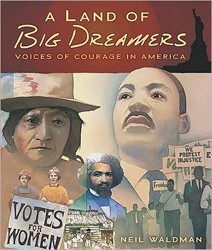Rachel Kamin has been a synagogue librarian and Jewish educator for over twenty-five years and has worked at North Suburban Synagogue Beth El in Highland Park, IL since 2008, currently serving as the Director of Lifelong Learning. A past chair of the Sydney Taylor Book Award Committee and past editor of Book Reviews for Children & Teens for the Association of Jewish Libraries News & Reviews, her articles and book reviews appear in numerous publications. She has been a member of the American Library Association’s Sophie Brody Book Award Committee since 2021.

Children’s
The Bear Makers
- Review
By
– January 16, 2012
While Kata’s family has survived World War II in Budapest, there is still fear of arrest from the Secret Police and living conditions remain difficult. Papa’s factory has been confiscated, his salary has been drastically reduced, and he slips deeper and deeper into depression. Mama secretly sews bears and handbags on the black market to bring in extra money. And, Kata’s beloved older brother Bela disappears on an “excursion” and no one knows when they will see him again. It is unlikely that readers will have the necessary background knowledge about the ideology of the Worker’s Party, socialism, and the impact of the war on the Hungarian Jewish community to understand the context of Kata’s life. The narrative, while well-written and compelling, does not provide enough information and an author’s note or afterward is missing. Readers will certainly relate to Kata — her love of the stuffed bears that her mother makes and her determination to help with the sewing, her conflicts with her best friend, and her apprehension about singing a solo — but outside of a classroom or book club discussion, the context of the Jewish experience in post-War Hungary will unfortunately be lost. For ages 9 – 12.
Discussion Questions

Jewish literature inspires, enriches, and educates the community.
Help support the Jewish Book Council.



